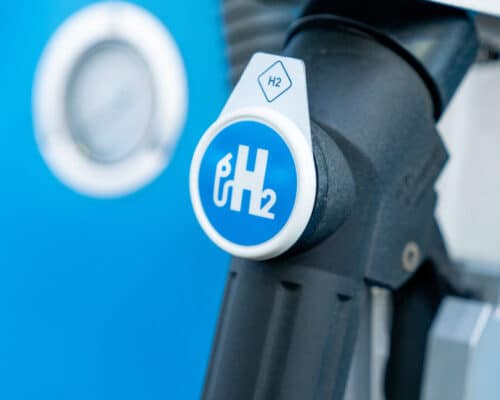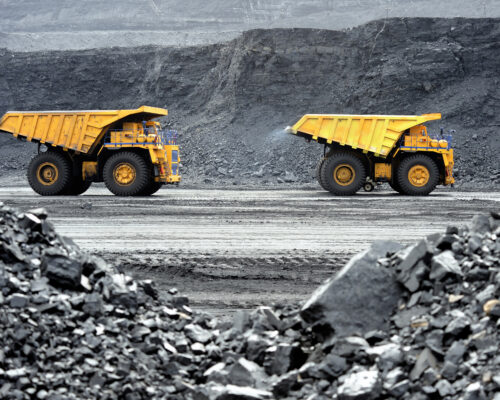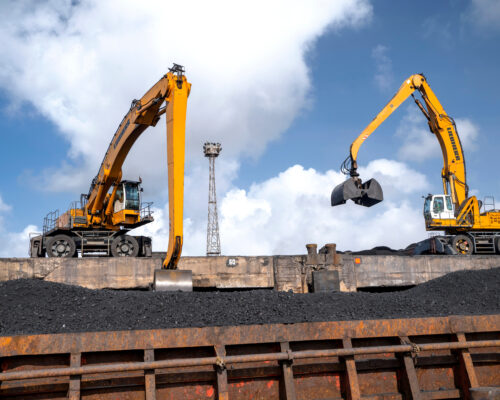Fossil Fuel
Facebook’s Renewable Energy Progress: Is It Enough?
Facebook reached 100% renewable energy and net-zero for operational emissions in 2020 – goals that were set in 2018. These are good stepping stones, but they make a small impact based on the scale of the business. Scope 3 emissions are still high and will be Facebook's new carbon-neutral target in the coming decade.
Ammonia: Fuel of the Future?
Ammonia acts as an energy carrier similar to hydrogen. However, ammonia has several traits that make it more promising than hydrogen for the global energy transition. Regardless, green ammonia production costs remain prohibitively expensive for widespread adoption.
What Will It Take For Japan To Achieve Carbon Neutrality by 2050?
Japan prepares to host this year’s G7 meeting in light of public criticism for its lack of decarbonisation progress and a continued obsession with fossil fuels. However, the country is now uniquely positioned to prove its critics wrong. Doing so will unleash various positives, both for Japan and the region.
The Pros and Cons of Ethanol: Does It Have A Place In The Future?
Ethanol is a renewable alternative to gasoline and diesel. However, its production and use have significant negative impacts on the environment that will become more pronounced as climate impacts increase. Understanding these pros and cons is crucial to effectively growing and using the biofuel as part of the energy transition.
Samsung’s Journey To Carbon Neutral: How Does It Stack Up?
Samsung aims to be carbon-neutral by 2050, and its public-facing messaging shows progress towards this goal. However, the company's net-zero target takes place 10 to 20 years later than Apple, Google and Amazon. This, among other concerns, raises the question: Is Samsung doing enough for sustainability?
Go Clean ICBC: Fossil Fuels Continue to Dominate the Investments of Chinese Banks
China and its state and privately owned banks' continued support for coal projects are the main lifeline for the dirtiest fuel. However, with global decarbonisation efforts underway, supporting projects like these can also bear massive financial and reputational risks.
Bangladesh Grapples With Adani Over One-sided Power Deal
Bangladesh finds itself in an expensive coal-fired power plant deal with Adani. Not only is the deal not in the best interests of Bangladesh, it needs to be replaced by cleaner and cheaper renewables development.

The Pros and Cons of Hydrogen Energy
Hydrogen energy has many pros. It can be made sustainably with few emissions. However, it has several significant cons, like high production costs and a lack of infrastructure. If the world can provide more financial and political support for the technology, it will play a major role in the global energy transition.

Coal Price Forecast 2023 and Outlook
The latest coal price forecasts suggest that the fossil fuel is losing momentum after gaining traction over the past two years. What factors are at play and what might coal usage look like in 2023?

India-Australia Free Trade Agreement’s True Impact on India’s Coal Imports
With the India-Australia bilateral trade agreement (IAFTA) coming into force, will coal from Australia really be 2.5% cheaper and entice India to up its imports?

The Impacts Of the Electricity Price Increase On Asian Countries
While the electricity price hikes across developing and developed Asian nations started in 2022, they are expected to extend into 2023. This risks impeding economic growth, fueling inflation and affecting the poorest the most. On the bright side, it is the perfect moment for a long-needed energy system overhaul.
Big Oil Stalled Climate Action: What Now?
Big oil companies has known about climate change since at least the 1980s. Yet, it hasn't changed its business practices. Instead, it has worked to keep the knowledge secret and continued to promote fossil fuel use. Now, the world is suffering the consequences of long-term greenhouse gas production, and fossil fuel companies are generating record profits.
UAE Names Oil Chief as COP28 President: What to Expect
COP28 promises to be a historic conference where leaders can ensure that either the 1.5°C target will live to fight another day or become entirely out of reach. The dilemma will be decided at a conference chaired by an oil boss held in one of the leading oil-exporting countries. And while many analysts are sceptical, the UAE is uniquely positioned to use its influence to aid the energy transition.
Facts About Gas Create A Divide In Its Future
Natural gas continues to be the centre of a global debate. Can it be a viable transition fuel? It is a flexible fuel that produces less carbon dioxide than coal and oil. However, it consists of methane and is not renewable. Understanding the facts about natural gas is critical in untangling this debate.
Most Popular
Categories
-
10
-
34
-
126
-
4
-
17
-
46
-
52
-
11
-
10
-
15
-
24
-
6
-
1
-
5
-
6
-
283
-
200
-
17
-
24
-
1
-
1
-
23
-
41
-
44
-
88
-
18
-
86
-
41
-
17
-
11
-
43
-
54
-
86
-
299
-
22
-
44
-
36
-
11
-
42
-
36

